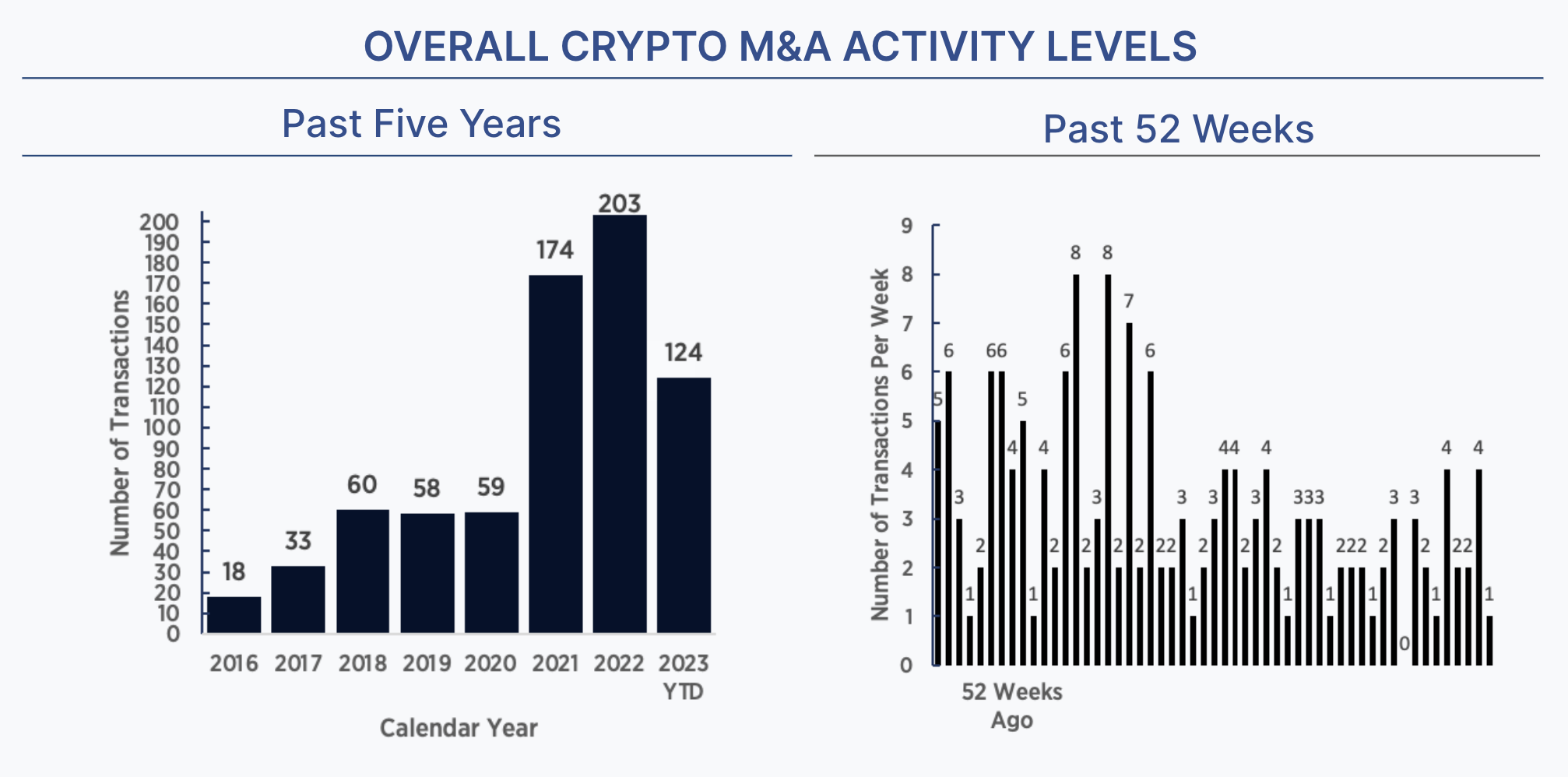Talented, engaged software developers are the lifeblood of our future. In fact, a blockchain and its associated reward tokens are nothing more than an exposed, bare foundation. Each blockchain must attract the time, talent and vision of software developers to build useful applications (dApps in crypto nomenclature) or that foundation is useless and valueless. This is the same dynamic as the emergence of other software development platforms such as the mainframe, PC, game console, client-server, cloud, mobile device, and the metaverse headset. Applications must be built upon these foundations to have value.
Historically, to the mainstream person, crypto is associated solely with the token and more specifically, participating in speculation of the value of the token. Okay fine, nothing all that different than purchasing ownership (equity) in an early-stage company. However, what has been different is the virtual sole focus on token price as evidence of success vs. measures reflecting the use and effectiveness of the underlying product(s) and associated business(es). That must change and is changing, however, it’s time to move from speculation to investment.
Investment mindset begins with a vision of a use case and value proposition, is followed by building the associated dApp, and then the hard work of attracting users and scaling to become meaningful. It’s the software developer that is integral to starting this cycle. The more engaged software developers, the more use cases and value propositions are ideated, built upon and tested.
Right now, like it or not, crypto is back to the basics, in its search of use cases and value propositions that justify the efforts to build these many bare foundations. The good news is that according to the Electric Capital Developer Report, as of October 1, 2023, there were 19,279 active developers building software on the top public blockchains. However, according to Statista that represents a minuscule 0.7% of global software developers, simply not enough and demonstrates just how nascent crypto remains.
We’ve spent our careers helping to build early-stage industries and believe that blockchain and associated tokens are both evolutionary and revolutionary. We also believe that it’s time for a shift of emphasis to valuable use cases with proof of value measured by real use, not just token trading volume or price. Make no mistake, token trading and value are very important, it’s just time to shift the mindset to the underlying fundamentals that create both.
So why this topic today? Attracting and training software developers to build upon blockchains is the theme. This week Rise In acquired Blockbeam, both dedicated to this aim. Both, working in partnership with various blockchain protocols, have built curricula to teach both fundamentals and more technical skills to both college-level and professional software developers.

